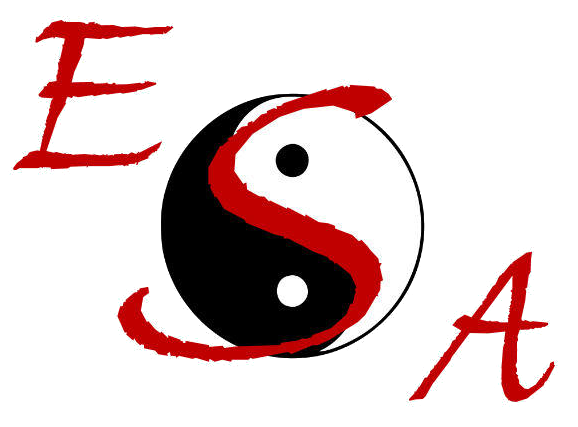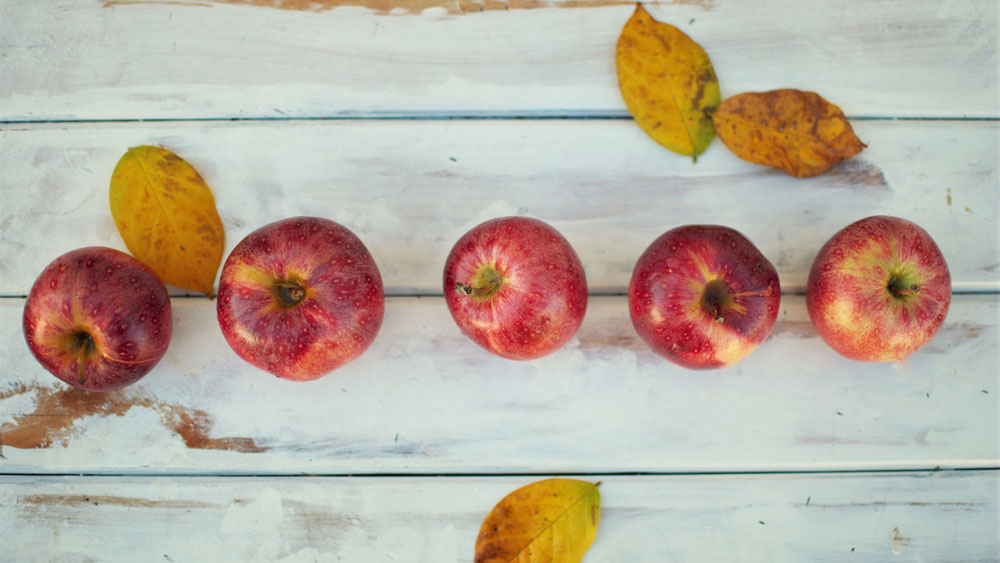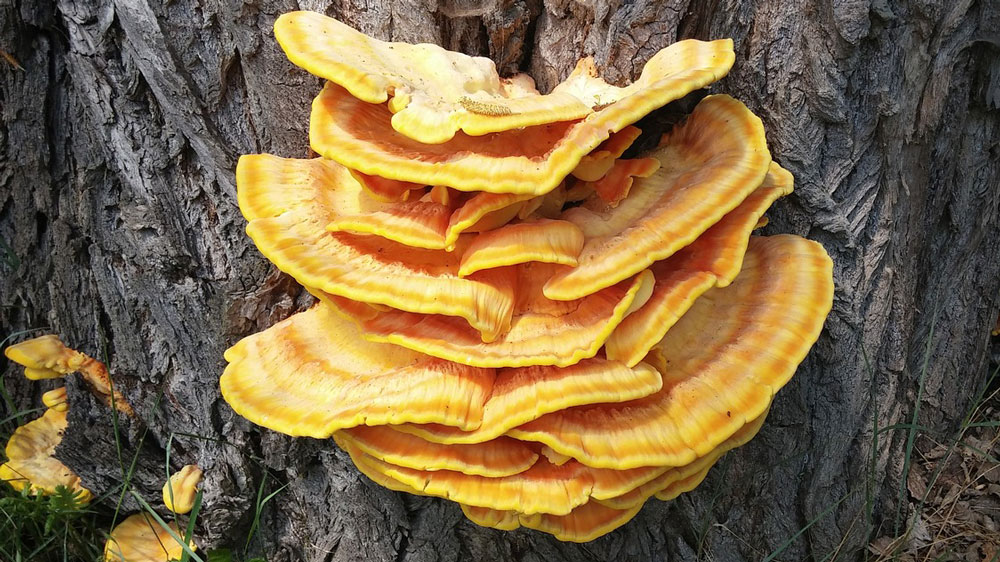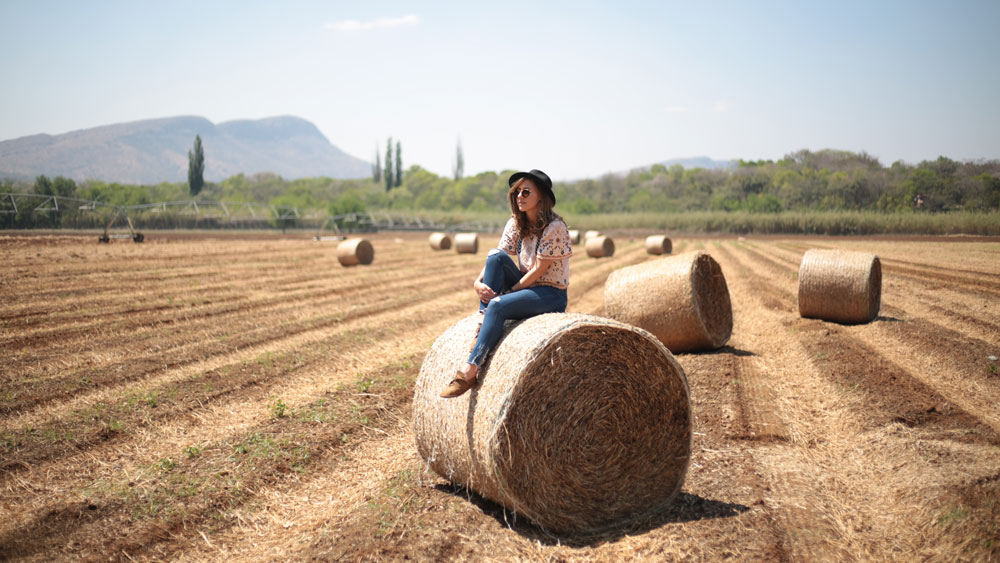
- East Side Acupuncture6515 Basile Rowe
East Syracuse NY 13057
181 Kenwood Ave.
Oneida, NY 13421(315) 569-6579 East Syracuse Hours
Tue9am-6pmThurs9am-6pm
Oneida Hours
Wed9:30am-5:30pm
-
- Sign up to receive news and updates and get my free report:“The Top 10 Reasons to Try Acupuncture”

-
- TestimonialsWhy acupuncture? Why not?! Couldn’t hurt. My husband and I had been trying to get pregnant for 4 years. We were charting my BBT and watching for “signs” of fertility. We tried a ton of stuff. One day my mother had asked if I had ever considered acupuncture for fertility. She said that she had a co-worker whose daughter tried it for her fertility and after one session she ended up pregnant! I thought about it and figured that we... Read more »
When I decided that I wanted to stop drinking; I knew I needed help. I saw a commercial on tv for a addiction recovery place and in it someone was receiving acupuncture. I thought it was a place to start. I found casey on line and made a appt. He asked questions and took some history with out being judgemental then proceded with a treatment. For the first few weeks I was anxious but Casey gave me herb supplements and had me take note of
... Read more »I lead a very active lifestyle and for 4 years I had been experiencing pain in my arms as well as fatigue and shortness of breath whenever I worked out. I had been to several doctors who prescribed the general remedies; iron supplements, ibuprofen and rest. Finally I just gave up and conceded to the idea that the pain would never go away. After constant nudging from my training coach I agreed to go see Casey not really knowing what to expect but... Read more »I sought Casey’s help last year when I started nursing school and became physically ill from all the stress. I had a lot of trouble with my shoulder/back/neck, could not breathe well, and kept having weird pains all over I could not really explain. Casey was able not only to begin unlocking all the chaos in my body, but also to instruct me on the beginnings of better living that have all started coming together. The effects are not always
... Read more »After living a year in terrible pain even after a cortisone shot and physical therapy, I was regretfully facing shoulder surgery for an impingement. At this point, I decided to try one last thing…acupuncture. I found Casey through a referral and he was able to completely relieve my shoulder pain through acupuncture…something that I only thought that surgery and a long road of physical therapy would do. I would recommend Casey to anyone considering acupuncture…he explained exactly what he was
... Read more »I have been treated by Casey for an arthritic neck and lower back and have felt an over-all effective reaction to the acupuncture treatment. I recommend him to my friends and they also have had good results.
I was referred to Casey Lewis for sciatic pain in my leg, which being a hair dresser was becoming extremely difficult to bear. I was also experiencing hot flashes, day and NIGHT. After one treatment, my pain level immediately went from a 8 to a 1, and I have not had a hot flash since!! I have seen Casey only 6 times in 5 months, and my life now is practically pain free. I would recommend acupunture to anyone looking
... Read more »I saw Casey for 16 sessions recently. When I went to see him on a referral from a friend I was most concerned with back pain, but I was also working on some weight loss and thought this would help, as well as some stress relief. I was amazed that after the first visit I had absolutely no back pain and that would last about the full two weeks until I saw him again. He has also helped me with
... Read more »I have had 8 sessions with Casey, for a few issues I was having. Horrible leg cramps were keeping me up. After the first session (and it doesn’t hurt) I had a great nights sleep. My hands and fingers do not go numb, and my overall physical and mental feelings have become much better! I definitely recommend this New/Old treatment to anyone with problems, and definitely before you decide to have surgery. It just might avoid it! (like it did
... Read more » -
Latest Articles:
- • Add These 10 Immune-Boosting Foods to Your Fall Diet •
- • Keep Your Skin Healthy and Glowing with these Fall Skincare Tips •
- • Beat End of Year Burnout with these Fall Self-Care Rituals •
Health Well News
5 Reasons to get Acupuncture this Fall
Fall is a favorite season for many people. The weather starts to get a little cooler, things begin to slow down and preparations for the holidays are in full swing. For many others, fall is not so festive. Many people get sick during the fall months, allergies can flare up and many don’t like that the hours of sunlight decrease steadily, sometimes leading to seasonal depression.

There are many reasons to get acupuncture during the fall. One of the biggest reasons is to avoid getting sick as the seasons change. In Traditional Chinese Medicine (TCM), fall is associated with the lung and large intestine energetic pathways. These two pathways work symbiotically to control the immune system from both the inside and outside of your body. And, if you take good care of these energetic pathways during the fall, you are bound to feel better throughout the season. But just to be sure, getting regular acupuncture treatments might be a good idea. It is recommended to start a couple of weeks before fall really kicks in.
Autumn is associated with the element of metal. According to TCM, the element of metal governs the mind, order, stability and organization. As fall approaches, we tend to be more reflective, turning inward and going into hibernation mode. It’s a great time to organize and prepare for the upcoming winter months. Emotionally, fall is associated with sadness and grief. Therefore, as the nights get longer, it is very important to keep the mind clear and let go of your negative emotions. Acupuncture can be a wonderful tool to help ward off depression, sadness and grief, both before and during the months of fall. Acupuncture treatments help balance moods by regulating hormones in the body.
For those who love the long hours associated with the summer months, fall is not easy to slide into, especially when it comes to sleep. Many people have difficulty going to sleep earlier, which is recommended when the days begin to shorten. This is where acupuncture can be beneficial. Certain acupuncture points are very effective at calming the mind and helping induce rest and relaxation. This is why so many people who receive regular acupuncture tend to take a nap while the treatment is taking place.
Getting a handle on stress before the full swing of the holidays hits is always a good idea. Acupuncture can help with that too. Acupuncture treatments are very relaxing for the majority of people. Around the holidays, people experience high levels of stress. But receiving regular acupuncture treatments ahead of the holidays, will allow for a smooth holiday season.
Lastly, acupuncture can help control, or at least tone down the allergy flare ups that frequently occur during the fall. This goes back to how acupuncture works on the immune system. But many people who suffer from allergies only experience minor symptoms, like a runny nose and watery, itchy eyes. A few little needles can help tremendously with allergy symptoms.
So what are you waiting for? Fall into hibernation mode through the use of acupuncture.
Herbal Tonics for Fall
Fall is a time of transition for nature, as well as our own bodies. In Traditional Chinese Medicine (TCM), each season is associated with specific organ systems. During the autumn months, the lung and large intestine energetic meridians are in control. It is extremely important to improve lung function during the fall months to allow for an easy transitional period and to prepare for the upcoming winter months.

The lung system in TCM is responsible for the body’s immunity or Wei Qi (pronounced “way chee”). When the Wei Qi becomes depleted or deficient, the body becomes ill. And during the fall months, when the weather is transitioning and temperatures are falling, it becomes vital to take precautions so the immune system and Wei Qi don’t fail our bodies, allowing disease to take root. The most common diseases of the fall season are allergies, colds and the flu. But there are ways to boost or tonify the Wei Qi.
Traditional Chinese Medicine utilizes many different modalities to help keep the body free from disease. These modalities include acupuncture, moxibustion, nutrition, qi gong, tai chi and herbal formulations. It is these herbal formulations we are discussing today.
Chinese herbal medicine has been used for millennia to keep the body free from disease and to help remove disease when it attacks. Herbs can be used alone or combined to make stronger herbal formulas. And while not all of the herbs we will discuss here are specific to TCM, they can be found and utilized easily.
Astragalus or Huang Qi: This herb is a favorite among TCM practitioners. It is an excellent tonic herb, as well as an adaptogen that can be used year-round to ensure good health. In TCM, it is considered to be one of the best tonic herbs available, especially for those who are already fatigued. Specifically, this herb is known for its ability to strengthen the Wei Qi.
Cordyceps or Dong Chong Xia Cao: This herb is known to enrich the bone marrow, where white blood cells are made. White blood cells are a large part of the immune system and they specifically fight off infections in the body. In this way, Dong Chong Xia Cao definitely plays a role in tonifying the Wei Qi. This herb is also used to replenish the adrenal glands when there is adrenal fatigue. When the adrenals are fatigued, the whole body is running at a deficient level.
Reishi Mushroom or Ling Zhi: This herb is sometimes called the “great protector” because it guards the body against the detrimental effects stress can have on the physical body. When taken regularly, it has been shown to improve immunity, while also calming the nerves. Specifically, it can help inhibit tumor growth in both breast and prostate cancer.
As you can see, herbs can be very beneficial and help keep the body free from illness. The herbs mentioned above are just a few examples that would be good to have around during the season of fall to help boost your immune system.
Acupuncture and Hay Fever
Hay fever, which is medically termed allergic rhinitis, is an ailment that affects nearly 20 million people in the United States, according to the Centers for Disease Control. Hay fever is actually an allergy caused by pollen or dust, which causes the mucous membranes of the eyes and nose to become itchy and inflamed, resulting in sneezing, a runny nose and watery eyes. Hay fever is the fifth most common disease in the United States and it tends to affect people during three out of the four seasons in the year. There are multiple over-the-counter medications to treat hay fever, including antihistamine sprays, eye drops and nasal corticosteroids.

The problem with most of these suggested treatment methods is they all have adverse side effects. Traditional Chinese Medicine (TCM), however, can treat the symptoms without any harsh side effects. A TCM practitioner has a whole host of modalities in their toolbox that can help the hay fever sufferer. This includes acupuncture, herbal formulas and nutritional counseling. When these tools are used in conjunction, studies have shown hay fever sufferers may experience a significant drop in their symptoms.
According to TCM theory, hay fever is usually attributed to a deficiency of the body’s essential energy or Qi (pronounced “chee”), coupled with an invasion of wind heat in the lungs. But every patient is different and symptoms may differ from person to person. For most hay fever sufferers, TCM treatments will aim to open the lungs and expel the wind heat.
Acupuncture is a holistic medical technique that uses hair-thin solid stainless steel needles to stimulate acupressure points on the body. These acupressure points can do many different things, including reducing inflammation, decreasing lacrimation (watery eyes) and relieving sneezing. According to one study done by the Lishui Hospital of Traditional Chinese Medicine, when acupuncture was used as a standalone therapy, the participants reported a nearly 67 percent decrease in their symptoms. When herbal formulas were added, that efficacy rate increased to over 71 percent.
There are several herbal formulas that can be used to treat hay fever. The one used, will depend on the specific symptoms of the patient. However, the base formula frequently used is known as Cang Er Zi San. The herbs in this formula can unblock the sinuses and alleviate pain. The biggest difference between over-the-counter remedies and TCM herbal formulas is the formulas can be changed as the person’s symptoms change.
Acupuncture improves the Qi throughout the body by stimulating the body’s own internal regulating systems. This will then allow the body to heal itself, by strengthening the body’s resistance and regulating the antigen/antibody reaction created by the body when it encounters pollen or dust that may trigger the hay fever attack. And since hay fever is attributed to having a weak immune system in TCM, the herbs usually given will help support and strengthen the person’s immunity.
This is also where nutritional counseling may play a part because many foods can create phlegm and dampness that exacerbate a person’s symptoms. Things like dairy and excess sugar may need to be avoided during the flare-ups. Also foods that generate or create heat are usually not advised. However, drinking plenty of water is always a good idea.
We can help determine if you are a good candidate for treatments and also help you to avoid suffering in the first place, as this medicine can and should be used as preventive medicine.

